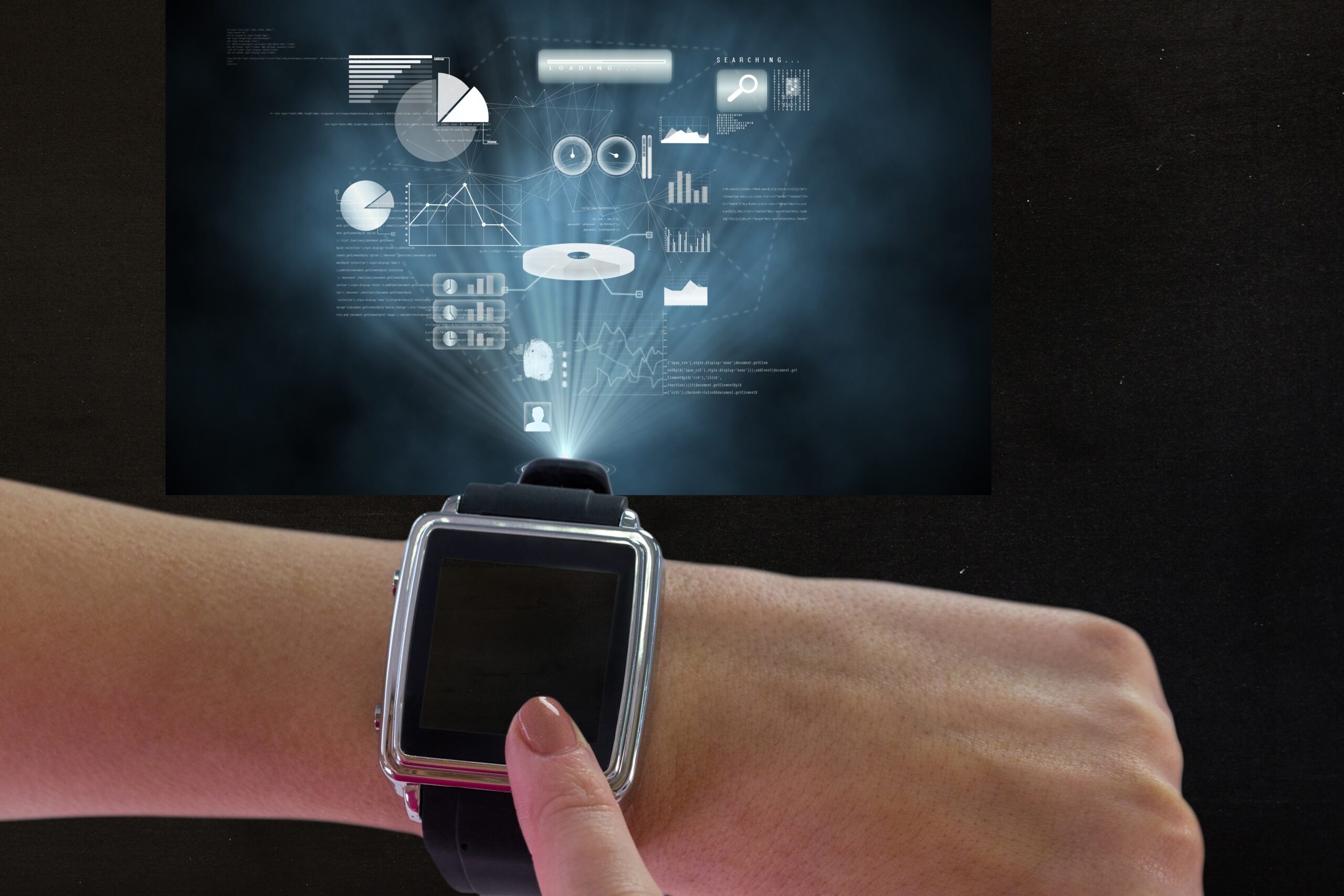Blockchain. You’ve probably heard the term floating around, especially in the context of cryptocurrencies like Bitcoin and Ethereum. But what is it, and why should you care? Let’s take a moment to break down this buzzword and uncover why blockchain could be a game-changer in the world of technology.
What Is Blockchain, Anyway?
At its most basic level, blockchain is a type of digital ledger or record-keeping system. Imagine a notebook where every page records important information, but instead of one person writing in it, everyone in a group has their own copy. That’s kind of how blockchain works!
Unlike traditional systems that rely on a central authority (like a bank, government, or company) to manage records, blockchain is decentralized. This means no one single entity has control. Instead, a network of computers (called nodes) work together to verify and store data in a way that’s secure, transparent, and nearly impossible to alter.
The term “blockchain” comes from the way data is organized. Information is stored in “blocks,” which are linked together in a chain, creating an unchangeable sequence of records.
How Does Blockchain Work?
Now that we know what blockchain is, let’s take a look at how it works. The magic lies in three key features:
- Decentralization: Blockchain doesn’t rely on one central entity like a bank or government. It’s distributed across a network of computers (called nodes). Each node has a copy of the blockchain, and they all work together to verify and add new transactions.
- Immutability: Once data is added to the blockchain, it can’t be changed or deleted. This is what makes blockchain so powerful—every transaction is permanently recorded and cannot be tampered with, ensuring transparency and security.
- Consensus: Before a transaction is added to the blockchain, the network must agree on its validity. This is done through consensus mechanisms, like Proof of Work (PoW) or Proof of Stake (PoS). These processes make sure only verified data gets added to the chain.
Real-Life Uses of Blockchain
Blockchain isn’t just about Bitcoin. Its potential reaches far beyond cryptocurrencies. Let’s explore a few cool ways it’s being used in the real world:
- Cryptocurrency: Blockchain is the backbone of digital currencies like Bitcoin and Ethereum. By using blockchain, cryptocurrencies can operate securely without the need for a central authority like a bank.
- Supply Chain Tracking: Blockchain can track the movement of products from manufacturer to consumer, creating more transparent and secure supply chains. It ensures that goods, especially food or medicine, are authentic and safe.
- Healthcare: Blockchain technology can store patient data in a secure, easily accessible way. Hospitals and doctors could access real-time, accurate records, and patients can have more control over their health information.
- Voting Systems: With the help of blockchain, voting systems could become more secure and transparent. It could reduce fraud, prevent tampering, and ensure that every vote counts.
Why Should You Care?
Now that we know how blockchain works and some of its real-world applications, why does it matter? Well, blockchain has the potential to completely transform how we handle data, money, and even trust. It offers a new way to transact, record, and verify information without the need for a middleman. This can reduce costs, improve security, and increase transparency.
While blockchain still has its challenges—like scalability and energy consumption—developers are actively working on solutions to address these concerns. As the technology continues to evolve, we could see blockchain becoming a key part of how industries operate in the future.
Conclusion
Blockchain may sound like something only tech enthusiasts can understand, but it’s a concept that’s quickly becoming a game-changer for many industries. Whether you’re into cryptocurrencies, supply chains, or just want to learn more about how tech is changing the world, blockchain is worth paying attention to. It’s not just a trend; it’s the future.
So next time someone mentions blockchain, you’ll be able to say, “Oh, I get it!” And who knows—you might even become a blockchain expert yourself.



